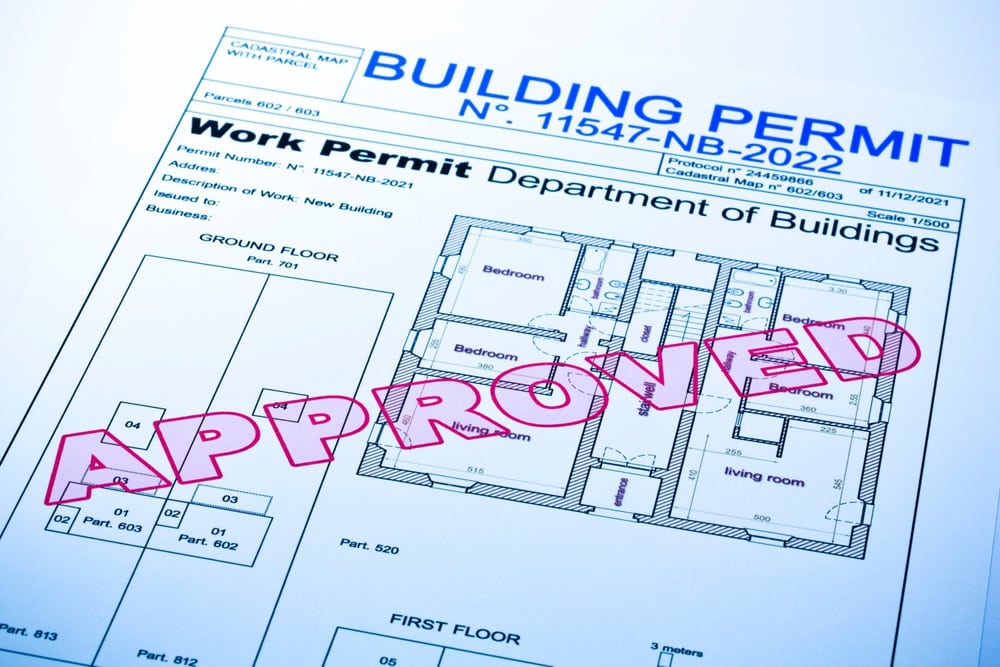The 10 Most Common Permits for Construction Work in California
You could be just getting started with your career in construction or you could be a seasoned pro – but your knowledge of building permits, codes, and regulations should always continue to grow. As you do more work, you’ll naturally become familiar with your local laws, but it’s also critical that you know some of … Read more










